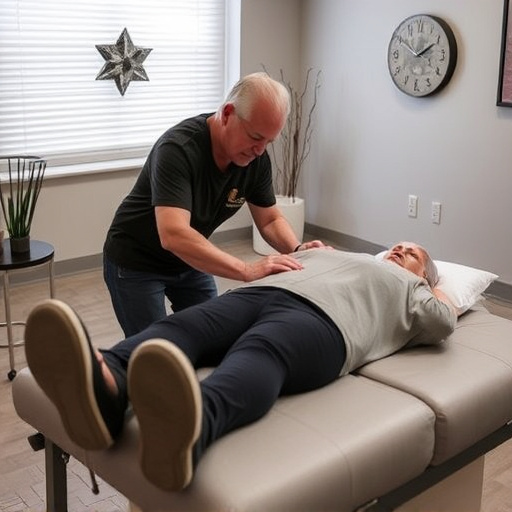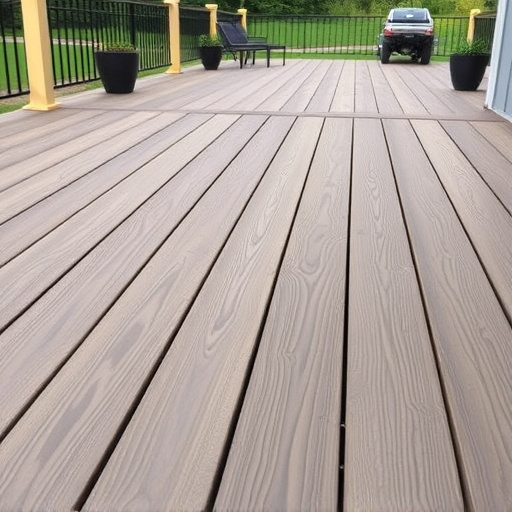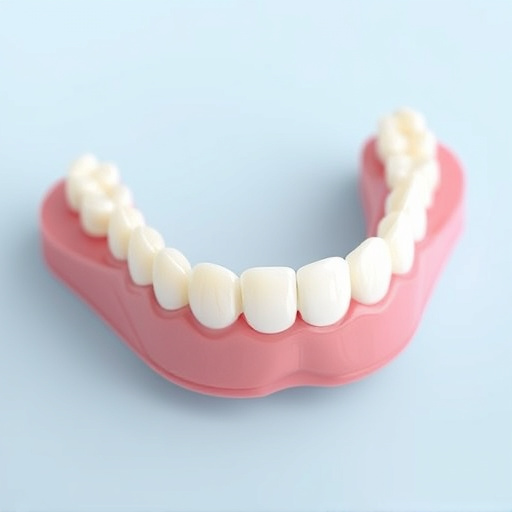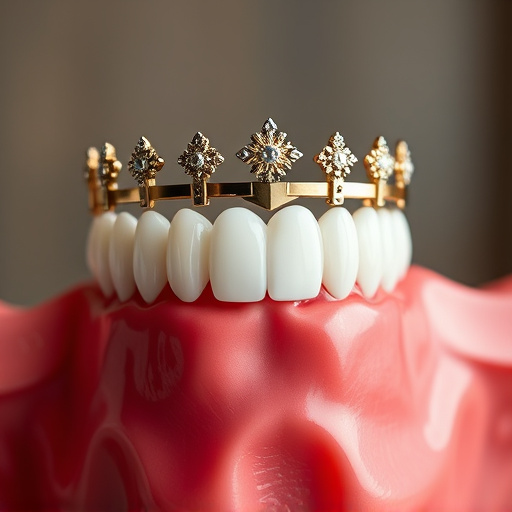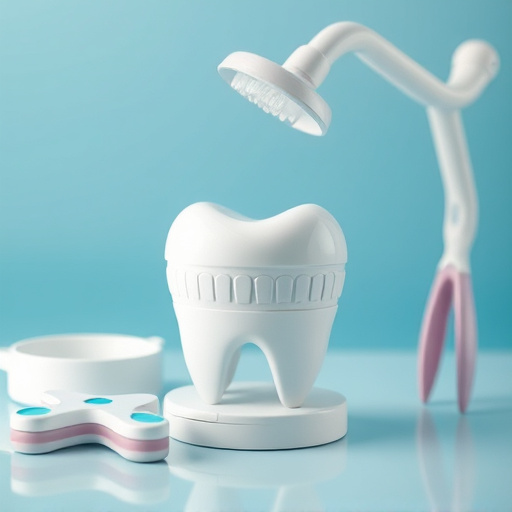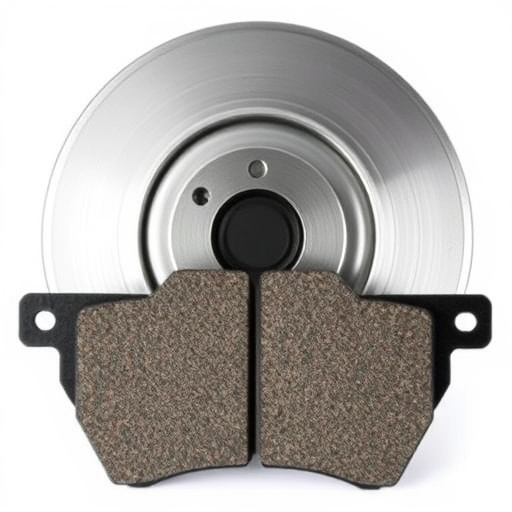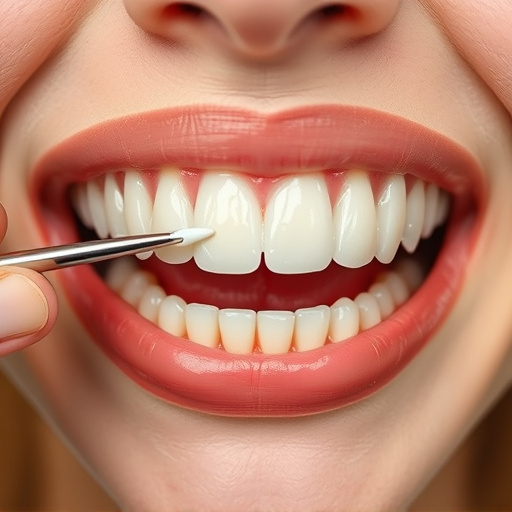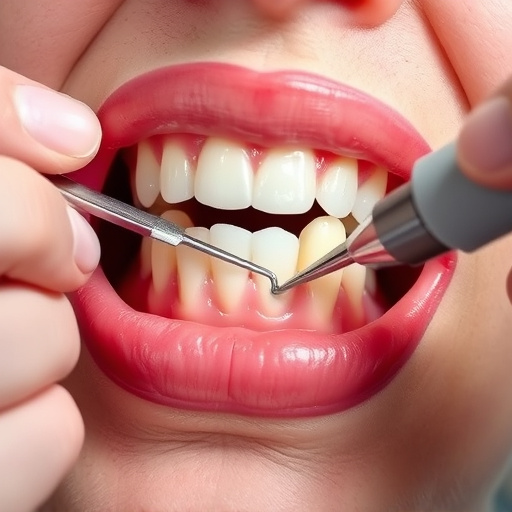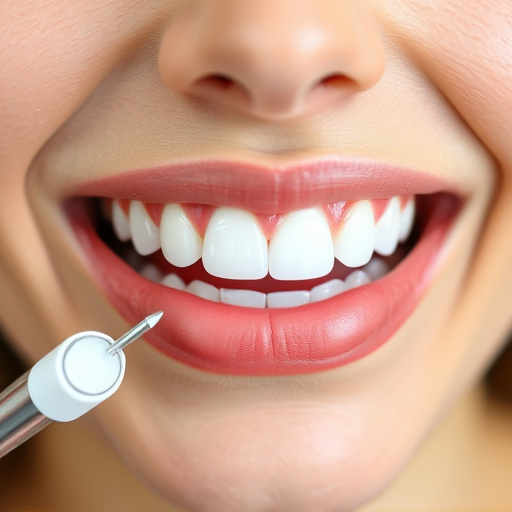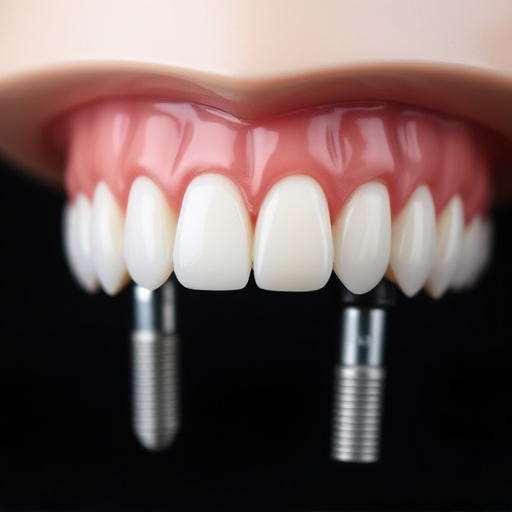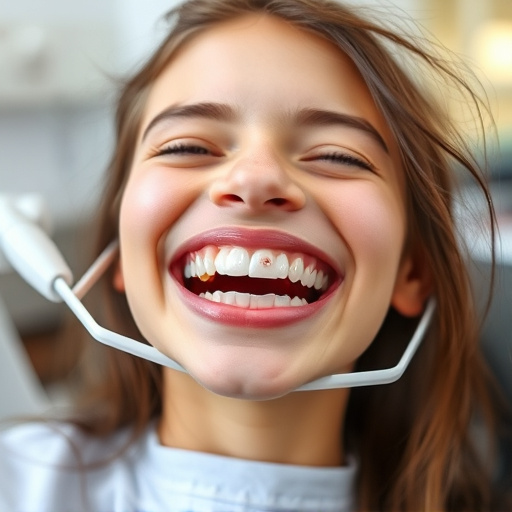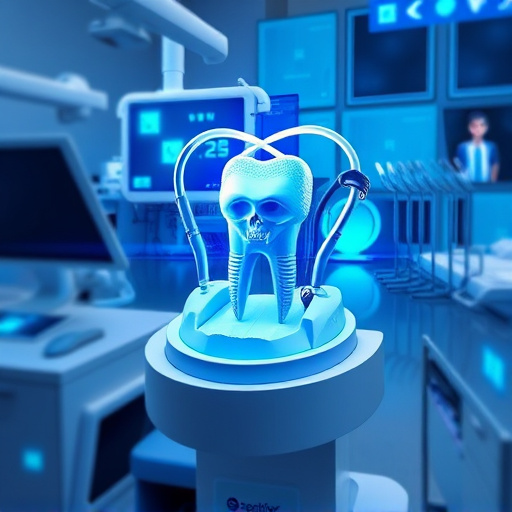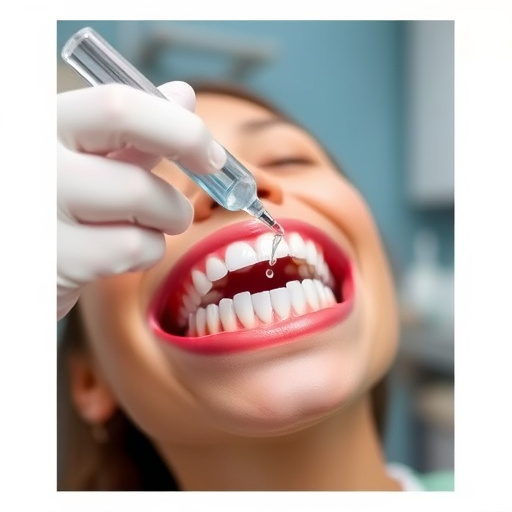Snoring, caused by various factors, impacts sleep quality and overall health. Obstructive Sleep Apnea (OSA) is a common co-condition affecting cardiovascular health and cognitive function. Oral Appliance Therapy (OAT), a non-invasive snoring treatment using custom mouthguards, realigns the jaw to keep airways open, reducing or eliminating snoring. OAT improves sleep, promotes oral health, and is suitable for adults and children. Regular dental check-ups ensure continued effectiveness.
Snoring affects millions, disrupting sleep quality and relationships. Understanding the causes and impact of snoring is the first step towards finding effective snoring treatment options. This article delves into the various snoring treatment options, with a particular focus on oral appliance therapy—a non-invasive approach that promises relief for many. We explore success stories, tips, and insights to guide you in navigating this solution.
- Understanding Snoring Causes and Impact
- Exploring Oral Appliance Therapy: A Non-Invasive Approach
- Effective Snoring Treatment Options: Success Stories and Tips
Understanding Snoring Causes and Impact
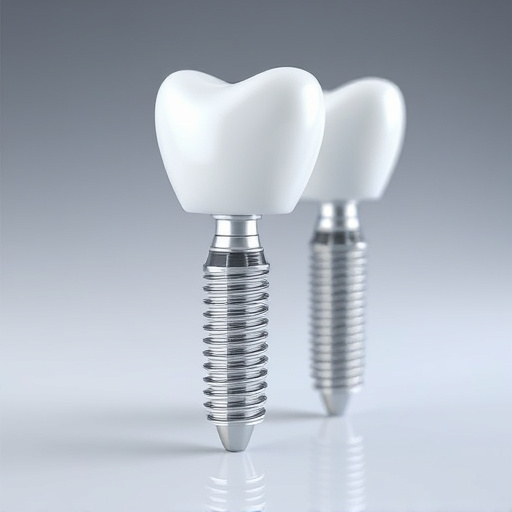
Snoring is a complex condition that arises from various factors affecting the upper airway during sleep. Understanding the causes behind snoring is pivotal in exploring effective snoring treatment options. It can range from structural abnormalities, such as a narrow nasal passage or soft palate issues, to muscle relaxation and tongue positioning. Obstructive sleep apnea (OSA), a common condition associated with snoring, occurs when the airway becomes completely blocked, leading to disrupted breathing patterns and reduced oxygen levels. This not only impacts sleep quality but also has broader health implications, including increased risk of cardiovascular disease, diabetes, and cognitive decline.
Recognizing the impact of snoring extends beyond personal discomfort. It can disrupt partner’s sleep, contribute to daytime fatigue, and negatively affect overall well-being. Addressing snoring effectively involves a comprehensive approach that considers both medical and non-invasive interventions. For instance, oral appliance therapy (OAT), a popular snoring treatment option, involves wearing a custom-fitted mouthguard-like device during sleep to keep the airway open and prevent tissue vibration, thereby reducing or eliminating snoring. This conservative method is often preferred for those who are unable or unwilling to undergo more invasive procedures like surgery or continuous positive air pressure (CPAP) therapy.
Exploring Oral Appliance Therapy: A Non-Invasive Approach
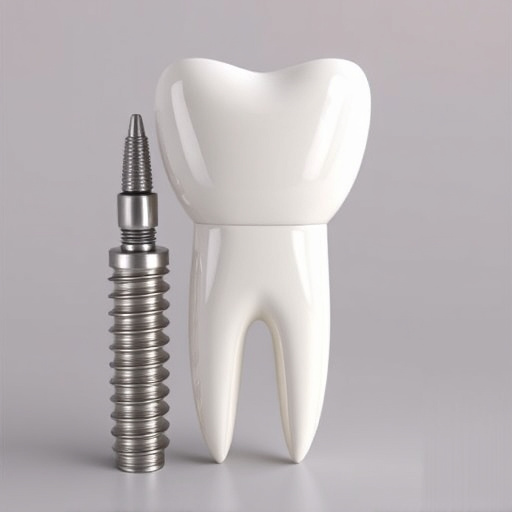
Snoring can disrupt sleep quality for both the snorer and their partner, leading many to seek effective snoring treatment options. One promising approach gaining popularity is Oral Appliance Therapy (OAT). Unlike invasive procedures or continuous positive airway pressure (CPAP) machines, OAT is a non-invasive solution that gently realigns the jaw to keep the airways open during sleep. This therapy involves wearing a custom-fitted mouthguard-like device designed to prevent snoring by supporting the lower jaw in a forward position.
OAT is not limited to adults; even children’s dentistry practices are starting to incorporate it as a snoring treatment option. For parents concerned about their child’s persistent snoring, discussing OAT with a dentist could be beneficial. In addition to addressing snoring, this approach can also contribute to preventive dentistry by promoting better sleep patterns and overall oral health. Unlike emergency dental care scenarios, OAT is designed for long-term management of snoring, making it a valuable tool in maintaining optimal dental and respiratory health.
Effective Snoring Treatment Options: Success Stories and Tips
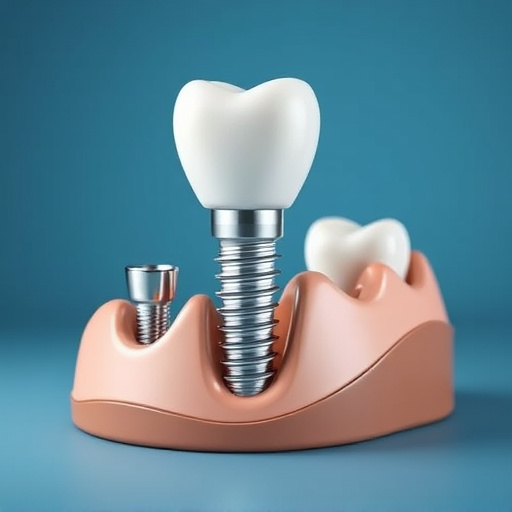
Snoring can disrupt sleep quality and overall well-being, but there are numerous effective snoring treatment options available today. One such successful approach is Oral Appliance Therapy (OAT), a non-invasive solution that has helped countless individuals say goodbye to their snores. This therapy involves wearing a custom-made oral appliance during sleep, which gently positions the jaw forward, preventing the airway from collapsing and thus reducing or eliminating snoring.
Success stories abound, with many patients reporting improved sleep quality, increased energy levels, and enhanced relationships after adopting OAT. Regular dental check-ups, including dental cleanings and examinations, are crucial for maintaining oral health and ensuring the continued effectiveness of the appliance. In some cases, minor adjustments to the appliance may be necessary over time, much like replacing a worn-out shoe sole. Additionally, while dental fillings or implants might not directly address snoring, they can contribute to overall dental wellness, which is essential for comfortable OAT use.
Snoring can significantly impact quality of life, but exploring oral appliance therapy offers a non-invasive and effective solution among various snoring treatment options. By addressing the root causes, this approach provides relief for both snorers and their partners. Success stories illustrate its efficacy, highlighting improved sleep and relationships. When considering snoring treatment options, oral appliance therapy deserves serious consideration as a safe, comfortable, and accessible way to reclaim peaceful slumber.
